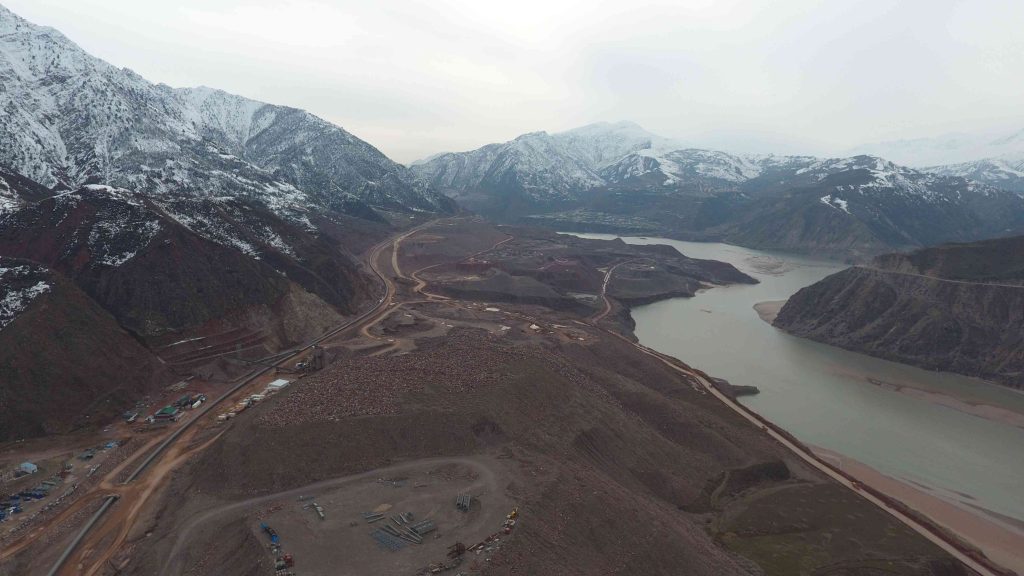In 2008-2014, the previous attempt of the WB to initiate international financing of Rogun HPP included series of five regional consultations and many other stakeholder engagement events. All project documents were in advance presented for public comment.
In sharp contrast, in 2023-24 no meaningful regional consultations were announced, only a summary of the updated ESIA has been disclosed, while the biodiversity management plan and current resettlement action plan are not publicly available at all. The WB itself has already recognised that “Although it has been disclosed for public review, the ESIA will require significant improvements before it can be made final and considered for approval by the World Bank”, as written in the Terms of Reference issued on 18 January in order to hire a consultant to redo a substandard cumulative impact assessment.
On November 9, 2023, a meeting with many riparian officials and several NGOs was held behind closed doors in Almaty. Most participants had no chance to examine the ESIA documentation prior to the meeting, as it was officially disclosed only in December. The first public information about these “riparian consultations” appeared on February 2, 2024. None of new project materials have been available in Tajik language on websites till June 2024, which makes us doubt that any free prior and meaningful consultations were held locally, as claimed on the website of the Rogun project proponents.
In January 2024, Rivers without Boundaries Coalition (RwB), NGO Forum on Asian Development Banks and the international organisation such as Bankwatch Network have appealed to the World Bank and other IFIs, requesting to hold public consultations on the updated environmental assessment of the project not only in Tajikistan but also in Uzbekistan, Turkmenistan, Kyrgyzstan and Kazakhstan with the participation of all interested public and scientific organizations to ensure that all suggestions and comments are fully taken into account. During first half of the 2024 a coalition of 20 local, regional and international civil society groups has been sending questions and requests to the World Bank and project implementation group and getting vague promises and unsatisfactory answers.
For the civil society, the Rogun Dam has become a symbol of extremely dangerous, poorly designed megaproject, which is being pursued by many international finance institutions driven by geopolitical consideration with massive violations of their own environmental and social standards.
-
Request for wider international\riparian consultations after full ESIA disclosure January 18, 2024
-
Letter to the World Bank on improper consultations. 8 November 2024
Rogun HPP info on the websites of concerned NGOs:
Coalition for Human Rights in Development
NGO Forum for Asian Development Banks
CounterCurrent / GegenStrömung
Recourse



